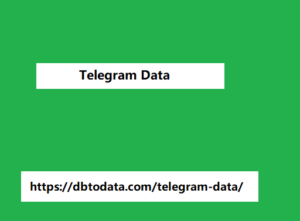The 1990s marked the advent of mobile phones in Japan, which necessitated a new system for numbering. Mobile phone numbers were assigned distinct prefixes, such as “090,” to differentiate them from landline numbers.
**The Mobile Revolution (1990s):**
This period also saw the introduction of 11-digit phone numbers, as the existing system could no longer accommodate the rapidly increasing number of users.
**Digital Age and the Internet (2000s-Present):**
As Japan entered the 21st century, the proliferation of smartphones and internet-based communication services further transformed the landscape.
The role of phone numbers
Expanded beyond traditional voice communication to 2024 Oman Telegram Users Library include functions such as identity verification for online services and mobile payments.
### Structure and Format of Japanese Phone Numbers
Japanese phone numbers are structured in a way Video emails can be a that reflects both regional distinctions and the type of service provided.
**Landline Numbers:**
Japanese landline numbers typically consist of a 10-digit format, broken down into an area code and a local subscriber number. The area code can vary in length from 1 to 4 digits, depending on the population density and geographic size of the region it covers. For example:
– **Tokyo:** The area code for Tokyo is “03,” followed by an 8-digit local number (e.g., 03-1234-5678).
– **Osaka:** Similarly, Osaka uses the area code “06,” with a similar 8-digit local number format.
**Mobile Numbers:**
Mobile phone numbers in Japan are always 11 digits long and are usually formatted as “XXX-XXXX-XXXX.” The first three digits (such as “090,” “080,” or “070”) indicate the mobile carrier or the type of service. Over time, these prefixes have become less exclusive to specific carriers due to number portability services introduced in the mid-2000s.


